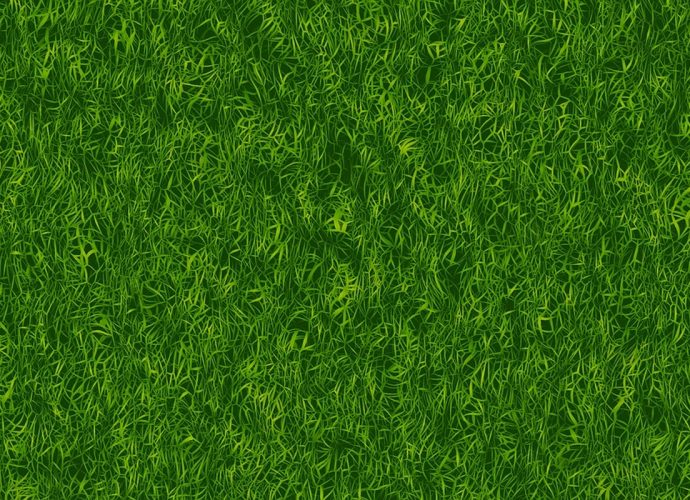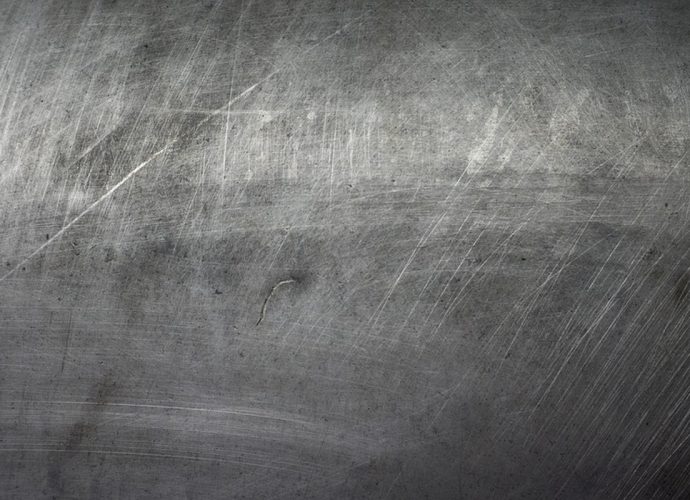Do You Rinse Barley After Cooking It?
Even though grains are boiled in water or broth until tender and fluffy, they require an earlier round of rinsing, says Caitlin Hoff, a health and safety investigator. “Grains like rice, quinoa, or barley should be rinsed thoroughly with cold water before cooking to remove excess starches, dirt, and germs,”Read More →





